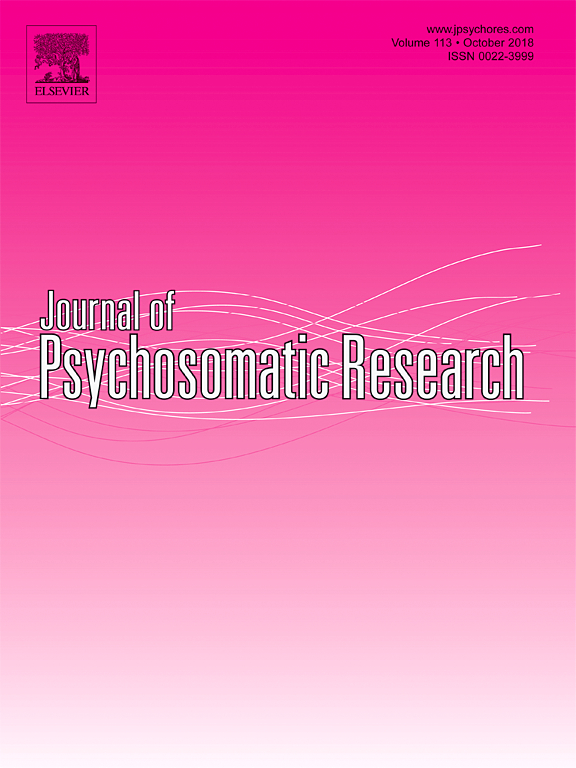A double-blind, Randomized pilot trial of chromium picolinate for binge eating disorder: Results of the Binge Eating and Chromium (BEACh) study

Abstract:
OBJECTIVE: Chromium treatment has been shown to improve mood, appetite, and glucose regulation in various psychiatric and medical patient populations. The authors propose that chromium may be useful in the treatment of binge eating disorder (BED).
METHOD: Twenty-four overweight adults with BED were enrolled in a 6-month double-blind placebo-controlled trial and randomly assigned to receive either 1000mcg chromium/day (“high dose”; n=8) or 600mcg chromium/day (“moderate dose”; n=9) as chromium picolinate or placebo (n=7). Mixed linear regression models were used to estimate mean change in binge frequency and related psychopathology, weight, symptoms of depression, and fasting glucose.
RESULTS: Fasting glucose was significantly reduced in both chromium groups compared to the placebo group; similarly, numerically, but not significantly, greater reductions in binge frequency, weight, and symptoms of depression were observed in those treated with chromium versus placebo, although statistical power was limited in this pilot trial. For fasting glucose, the findings suggest a dose-response with larger effects in the high dose compared to moderate dose group.
CONCLUSION: These initial findings support further larger trials to determine chromium’s efficacy in maintaining normal glucose regulation, reducing binge eating and related psychopathology, promoting modest weight loss, and reducing symptoms of depression in individuals with BED. Studies designed to link the clinical effects of chromium with changes in underlying insulin, serotonin, and dopamine pathways may be especially informative. If efficacious, chromium supplementation may provide a useful, low-cost alternative to or augmentation strategy for selective serotonin reuptake inhibitors, which have partial efficacy in BED. ClinicalTrials.gov NCT00904306.
Brownley KA, Von Holle A, Hamer RM, La Via M, Bulik CM:
J Psychosom Res 75(2):36-42,2013 23751236
